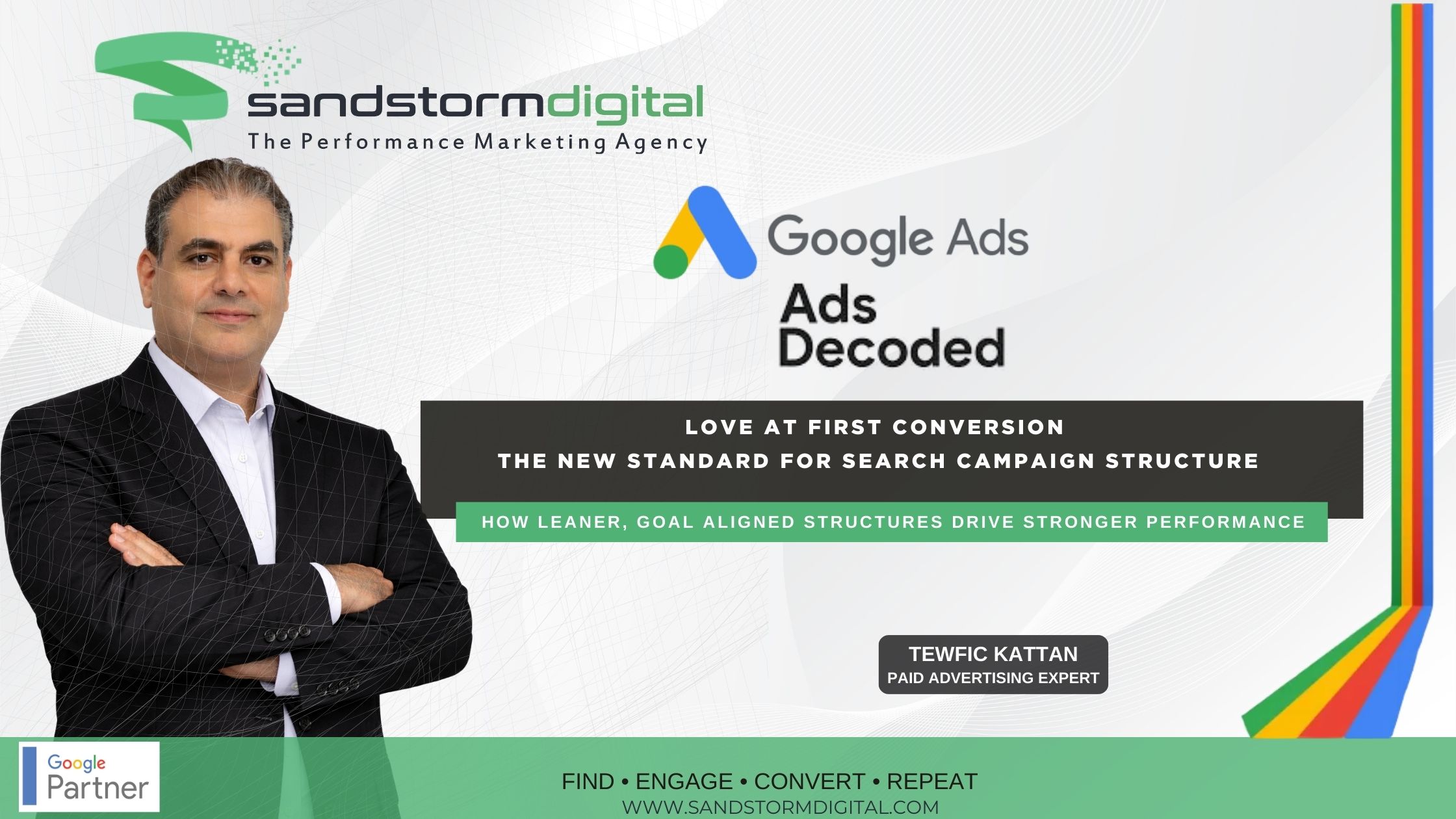If you have spent even a little time online, there have probably been times when you thought you were being stalked. Not by the government or the NSA, but by corporations trying to pitch you products. You enter a Google search for exercise tips, and pretty soon you are seeing banner ads for treadmills and nutritional supplements. Whether you are updating your Facebook status, checking the latest headlines on CNN or catching up on the latest celebrity gossip, the ads just seem to follow you.
It is not your imagination, nor are you being stalked per se. The constant barrage of banner ads and clickable links is part of a strategy called remarketing.
If you are not familiar with the remarketing term, that is not surprising. Most consumers are unaware what goes on behind the scenes when they surf the web. If you are a seller, however, understanding the strategy behind remarketing is vital.
What is Remarketing?
The term remarketing refers to the strategy of using banner ads that target people who have visited a company’s website. If you visit eBay to look for your favorite vintage vinyl and then move on to CNN, you may see a new banner ad from the online auction site.
That is remarketing, and companies have been using the strategy successfully for years. There is a mountain of evidence showing the effectiveness of targeted advertising. Remarketing takes that targeted advertising to the next level.
How Does Remarketing Work?
The idea behind remarketing is simple to understand, but the logistics are a bit more complicated. Companies that want to use remarketing to target customers must first place a piece of code on their websites. Once that code, written in JavaScript, is in place, it starts to track visitors and make remarketing possible.
The code does not impact the performance of the website, and it is transparent to the end user. Visitors to the website have no idea that the code is there, and that is by design.
Once the code is in place, the website places an anonymous cookie on every visitor’s computer. The cookie does not slow down the visitor’s computer or impact its performance. It is simply there for tracking purposes. With the cookie in place, the website know when to deliver an ad.
How is Remarketing Different?
To the end user, remarketing looks just like a banner ad, but the back-end process is different. While banner ads are viewable to every visitor, remarketing ads are targeted and personalized based on the past behavior of the individual user.
While the typical banner ad is targeted based on a rough demographic profile (think age, gender and interests), remarketing ads are specifically targeted based on the websites you have visited in the past.
What Makes Remarketing So Effective?
The effectiveness of remarketing lies in the highly specialized targeting inherent in the strategy. While a regular banner ad might target women over 40 with ads for beauty products and rejuvenating cream, a remarketing ad will personalize the approach. If you visit a plastic surgery site, you might suddenly be inundated with banner ads for specialized products to remove crow’s feet and hide age spots.
While some business owners are reluctant to use remarketing, these ads tend to be more valuable, and more cost-effective, than traditional banner ads based on demographic profiles. For every user who finds the targeted ads creepy and intrusive, there will be plenty of others who are either not bothered by them or find them useful.
What Are the Benefits of Remarketing?
Remarketing has a number of important advantages over other forms of advertising. Besides its highly targeted nature, remarketing tends to increase brand awareness through repeated exposure. Repeated exposure to a brand or logo can boost response rates and increase sales.
A quality remarketing strategy can also drive repeat traffic to the targeted site. It is important to note that most sales do not take place on the first visit. Repeated exposure to the brand through remarketing encourages people to visit the site again and again. Each new visit increases the odds of a sale.
Attention spans are shrinking, and it is becoming increasingly difficult to get the attention of Internet users. In this kind of environment, there is no substitute for persistence. Your targeted customer might not make a purchase on their first, or their tenth, visit to your site, but the 11th visit might be the charm.
The Different Types of Remarketing
While remarketing is a blanket term used to describe the delivery of targeted ads based on past behavior, there are several distinct types of remarketing. The most common is site remarketing. This strategy displays an ad after the individual has visited and left your website.
Search remarketing is another popular type of marketing. This remarketing strategy targets users based on the keyword searches they conduct. If you run a company that sells nutritional supplements, you might deliver ads to users who type keywords like nutrition, diet and weight loss. The owner of a pet supply website might target customers who search for dog training tips or collars.
Social media remarketing has become popular in recent years, mirroring the growth of companies like Facebook, Twitter and Instagram. This remarketing strategy displays targeted ads when users visit their favorite social networking sites. If you visit a website that users remarketing and then move on to Facebook, chances are you will see an ad for that company when you arrive.
The last type of remarketing is email remarketing. As the name implies, this type of remarketing targets users of email clients like Yahoo! Mail, Gmail, Hotmail, etc., serving up ads based on the content of the individual messages you read.
In closing…
Now that you know a bit about remarketing, you will probably notice this strategy whenever you surf the web. Just type a popular keyword into Google or another search engine, then move around from site to site. You might think that Google is stalking you, but it is actually remarketing. Those businesses know that targeting ads based on consumer behavior works. If you own your own online business, remarketing can work for you too.










